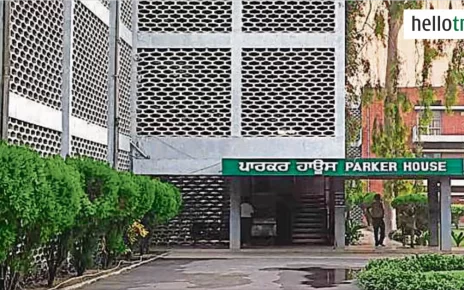In a move which has ascertained the smooth transition to the new criminal justice system of the nation, the Punjab and Haryana High Court has made it clear that it is still valid for filing cases regarding repealed legislation.
The clarification on this matter just came ten days after the new laws were passed on the first day of the month in 2024. Coded Bharatiya Nyaya Sanhita(Penal Code), Bharatiya Nagarik Suraksha Sanhita (Code of Criminal Procedure) and Bharatiya Sakshya Adhiniyam(Indian Evidence Act) forever changing the above laws.
Addressing Uncertainty During Transition
The High Court’s order, issued by Chief Justice Sheel Nagu, aims to alleviate any confusion or disruption during this period of legal change. It explicitly states that parties can file fresh cases and applications under either the new or repealed laws.
This flexibility ensures continued access to justice and avoids procedural hurdles for ongoing and new cases. The court has further directed its registry not to raise objections based on the chosen legal framework.
A New Era for Criminal Justice
The BNS, BNSS, and BSA represent a significant shift in India’s criminal justice system. These new laws aim to better reflect contemporary societal values and streamline legal processes.
The BNS defines offences and prescribes punishments, with a focus on addressing modern crimes. The BNSS deals with investigation and prosecution procedures, aiming to reduce delays and inefficiencies. Finally, the BSA governs the admissibility and presentation of evidence, ensuring fair and modern evidentiary rules.
Challenges and Anticipations
While the new laws hold promise for a more effective and just criminal justice system, challenges are anticipated. Legal professionals will need to adapt to the new framework, and potential issues regarding interpretation and implementation may arise.
The High Court’s order allowing cases to be filed under either set of laws serves as a crucial bridge during this transition. It provides courts and parties with the flexibility needed to navigate the new system while ensuring ongoing cases proceed without disruption.
This move signifies the judiciary’s commitment to a smooth and successful implementation of the reformed criminal justice system in India.




